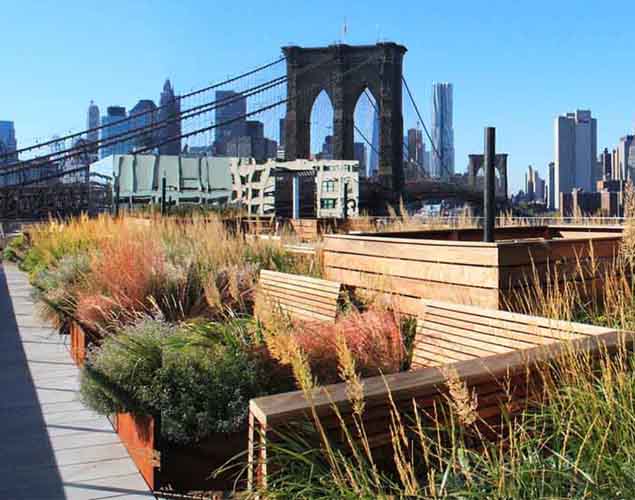
Late summer gardening offers urban dwellers a chance to relish the remaining warmth and sunlight while preparing for the cooler months ahead. By choosing the right plants, providing proper maintenance, and embracing the beauty of the changing season, you can create gardens that extends the season and maximizes your time outside.
Here are some insightful tips to help urban gardeners maximize
their late summer gardening endeavors:
Choose the Right Plants
Opt for plants that thrive in the transition from summer to fall. Late summer plants should be able to withstand fluctuations in temperature. Perennials like sedum, asters, and ornamental grasses can add texture and color to your garden during this time. Additionally, consider planting spring-flowering bulbs in the autumn, such as crocuses, daffodils, and tulips, which will ensure a burst of color in the coming seasons.
Revitalize the Soil
Before introducing new plants, take some time to refresh your soil. Late summer is an excellent time to amend the soil with compost. This will provide your plants with essential nutrients and improve soil structure, ensuring healthy growth and vibrant blooms.
Water Wisely
Late summer can bring sporadic rains and the occasional heatwave. Pay close attention to your plants’ water needs and adjust your watering schedule accordingly. Water deeply and early in the morning to prevent excessive evaporation and to allow the plants to absorb moisture before the day heats up.
Consider Fall Vegetables
Late summer is an ideal time to start planting fall vegetables and herbs. Crops like kale, lettuce, spinach, and radishes can thrive in the cooler temperatures of fall. By starting these plants now, you can enjoy a bountiful harvest well into autumn and even early winter, depending on your micro-climate.
Envision Next Years Garden
Autumn presents the perfect canvas for envisioning, strategizing, and planning your garden for the seasons ahead. Taking a moment to reflect on this year’s garden will present insights that serve as valuable lessons and inform the direction you’ll take with your garden next year. Record your progress, learnings, and any adjustments you make along the way. A garden journal not only serves as a creative outlet but also becomes a valuable resource for future reference.
